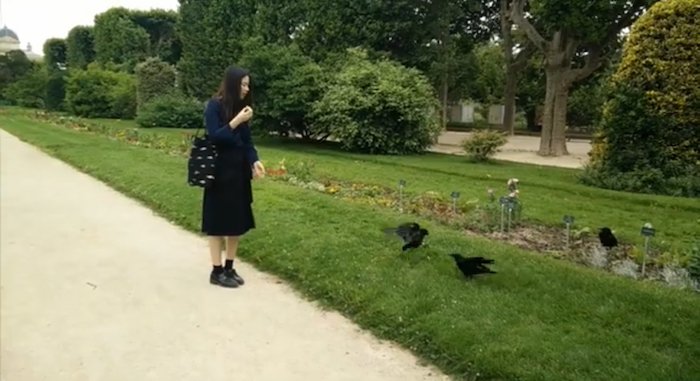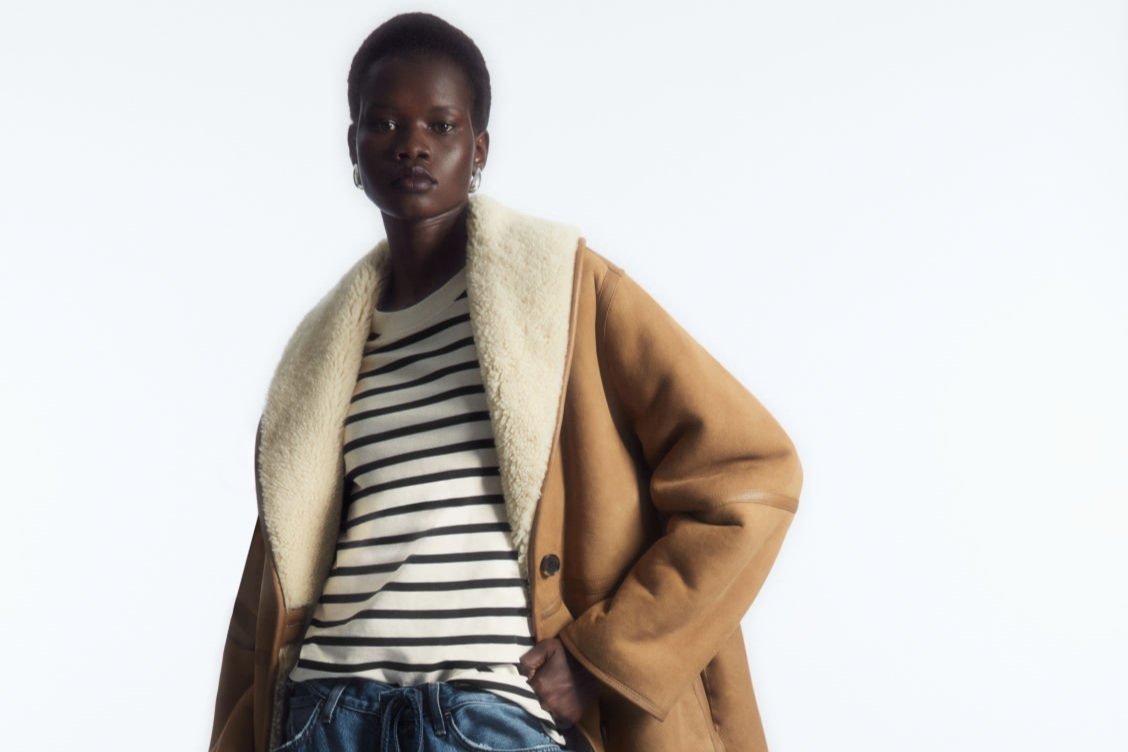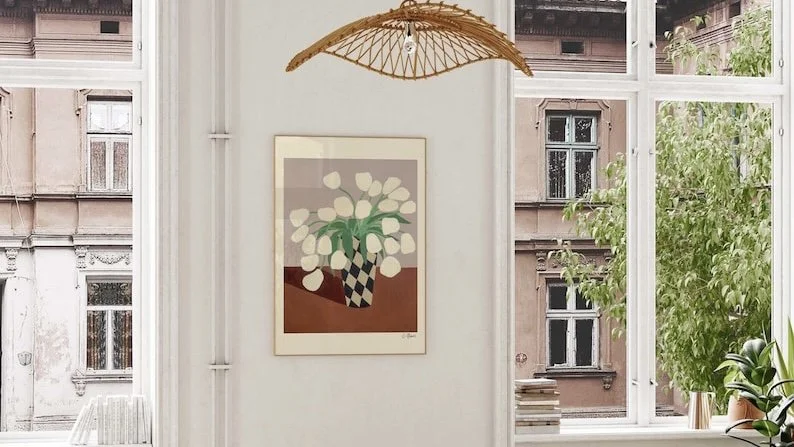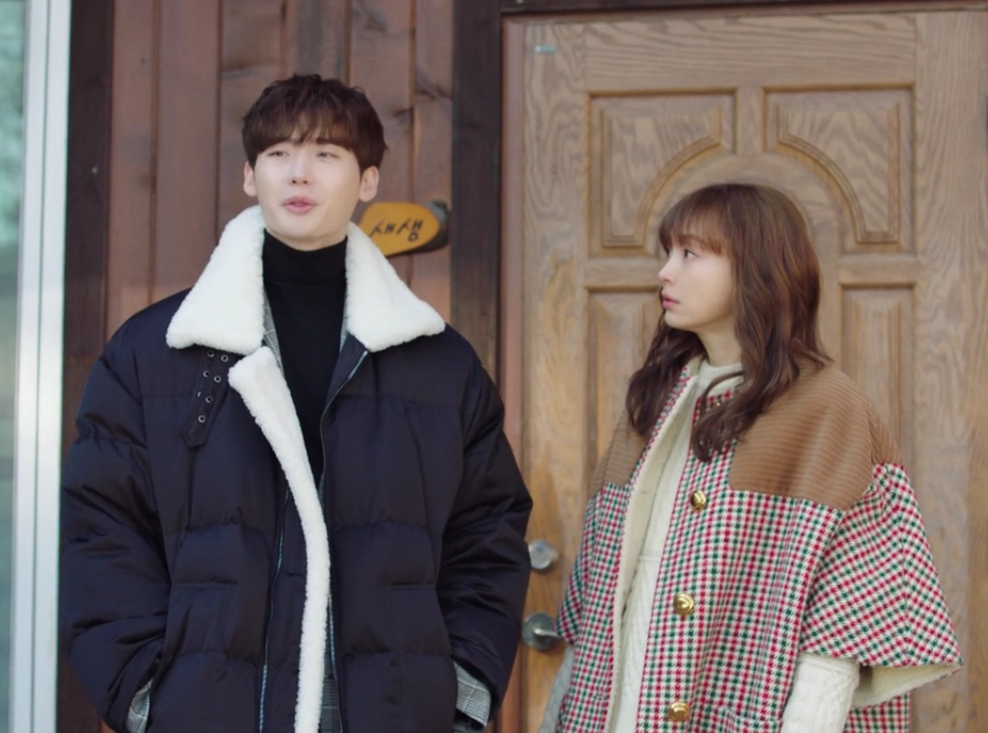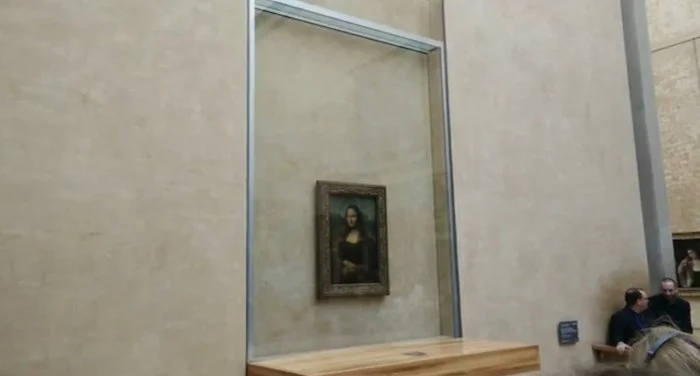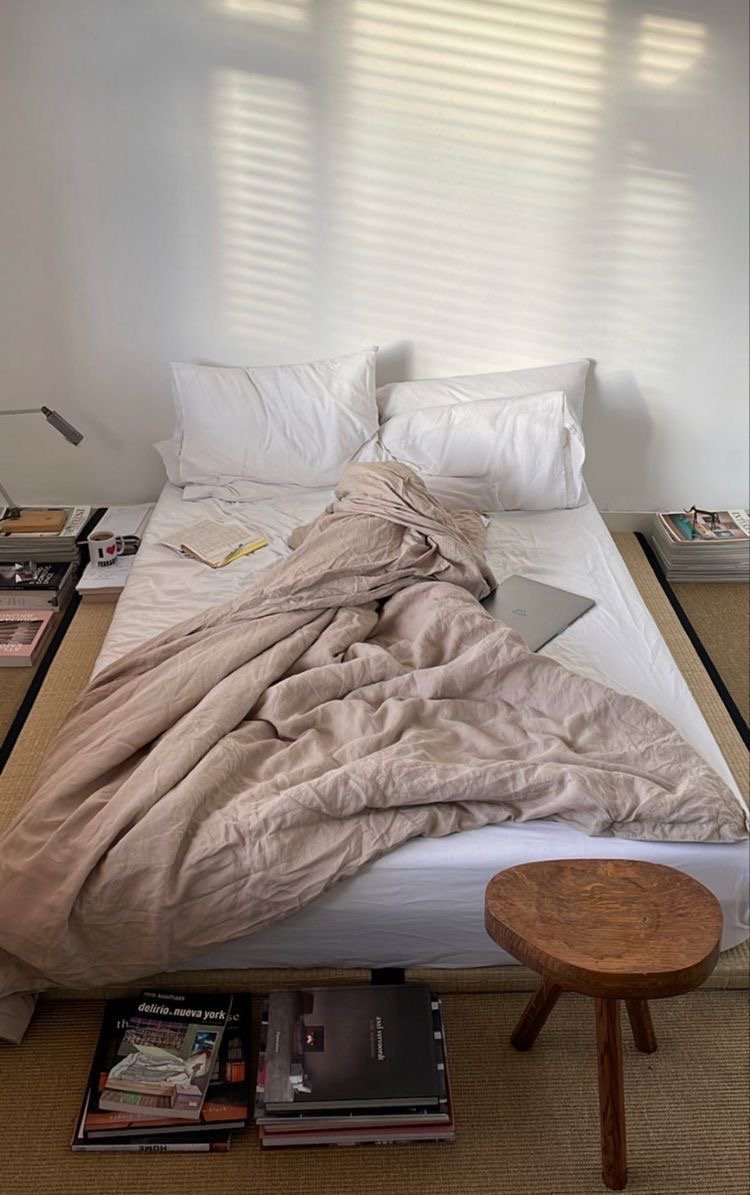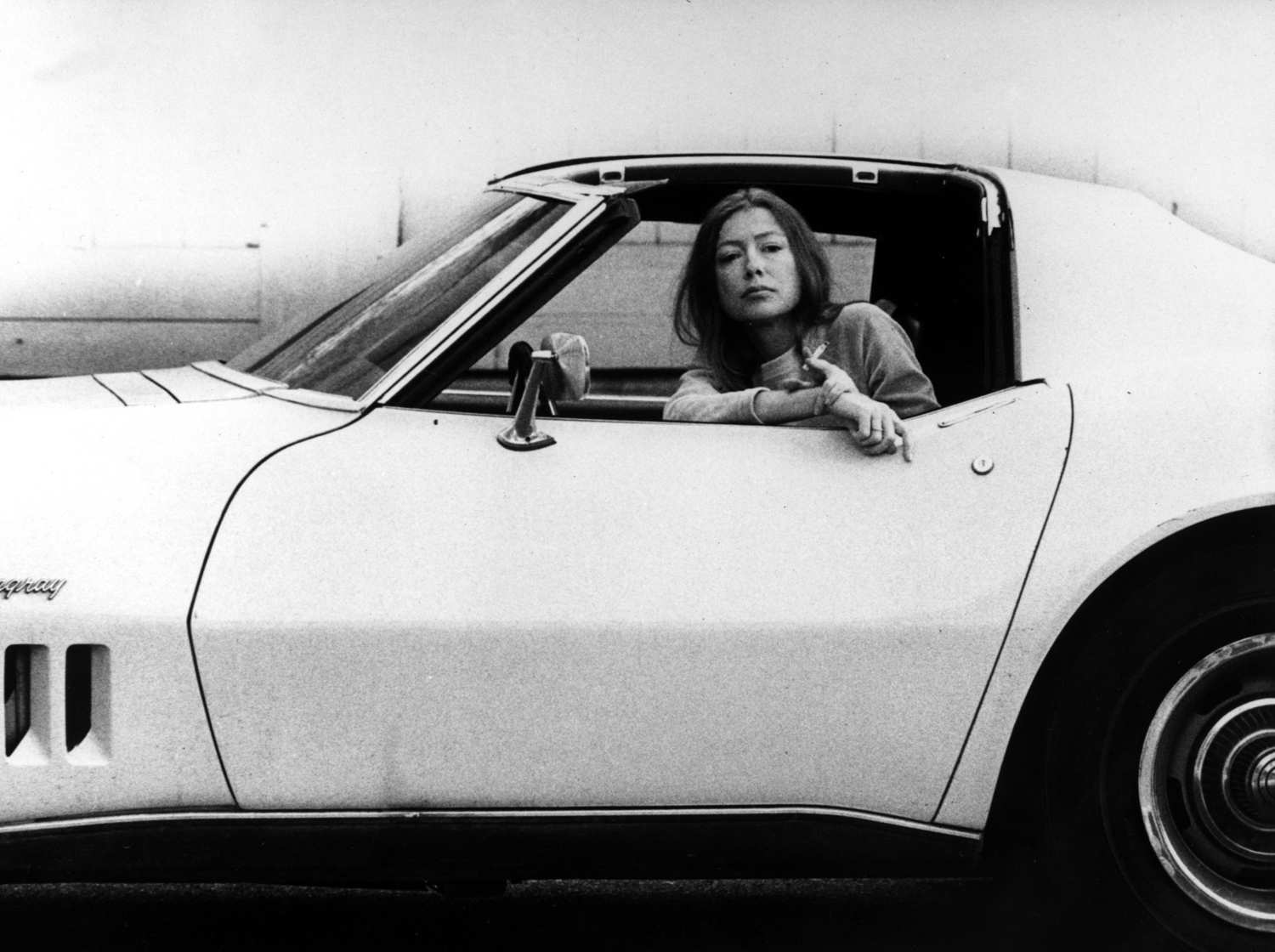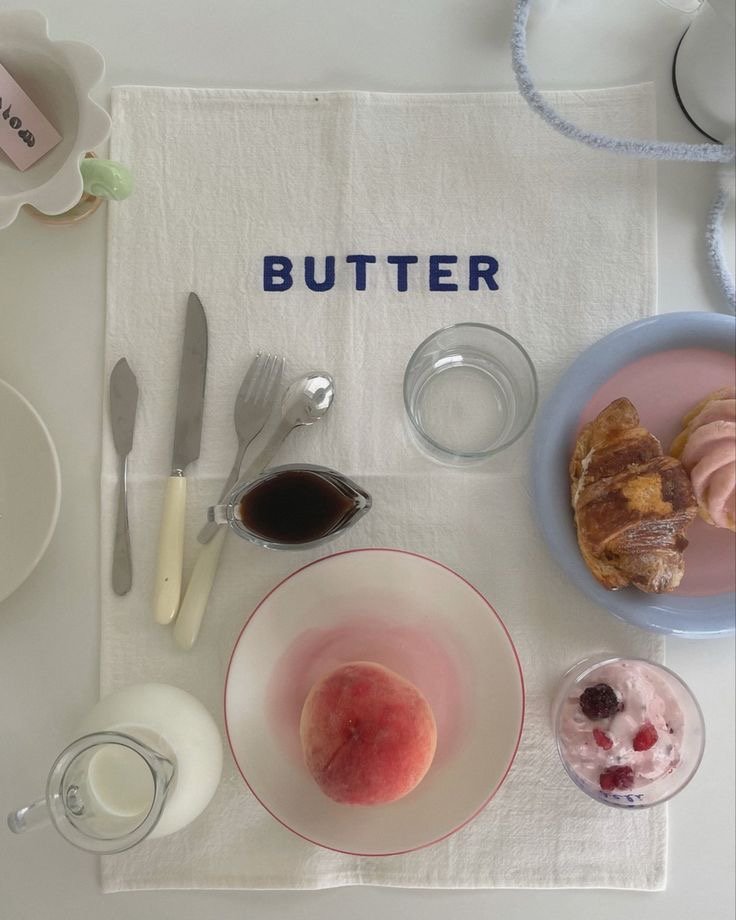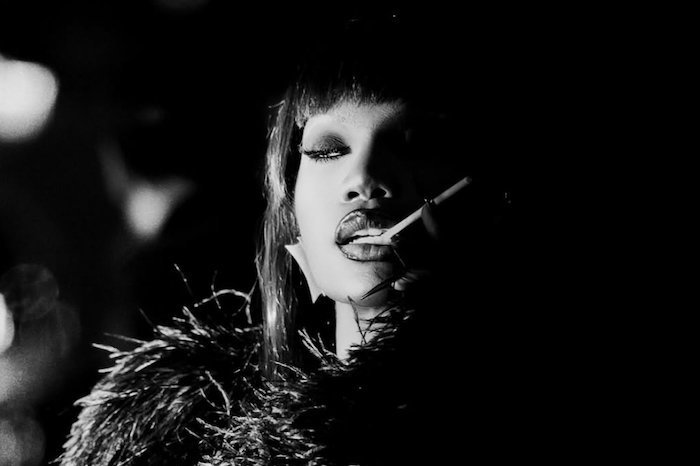How Culture Shapes Paris
by Elena Chen
“In Paris, being cultivated is synonymous with being culturally educated. Whether this means you read or you go to musicals is not really that important. It’s what last cultural event or activity you last engaged in to share at the next dinner party.”
Having submerged myself in social theory of cultural thinkers of the 19th and 20th century during my three years of undergrad, I have never felt my social anthropology degree to be as relevant as it is for perusing the sprawling posters of the Parisian Metro. There are currently posters of an exhibition on Lacan – when art meets psychoanalysis at Centre Pompidou. Or better, the other day the casual name-dropping of French sociologists Durkheim and Bourdieu in the descriptions under artworks at another exhibition I went to really made it feel as if all those hours spent theorizing and hypothesizing were actually more tethered to reality than I had realized. Often labeled by others and by myself as a Third Culture Kid (can we please update the terminology? I enjoy neither the collapsing of experience nor the laziness in infantilized naming processes) for the lack of better widely accepted concepts, I have dedicated a lot of time and effort into understanding what exactly is this nebulous thing we all keep referring to as “culture”. Durkheim seems to think that it is “a system of representation that maintains the collective consciousness of society…Cultural practices, products, and beliefs as necessary in creating and strengthening social ties and a sense of collective purpose.”. Marx had a slightly different take on the idea “as a social product, social tool, and social process resulting from the construction and use by social groups with diverse social experiences and identities, including gender, race, social class, and more”.
The variations between definitions always felt confusing and pedantic. It’s all those things and more. It’s all the formal and shapeless ways that we participate in this life shared with others (the society). Of course, you become the determinant of the hegemony when you exist as your own culture but how much fun is it to exist without interaction?
credit: Elena Chen
In Paris, being cultivated is synonymous with being culturally educated. Whether this means you read or you go to musicals is not really that important. It’s what last cultural event or activity you last engaged in to share at the next dinner party. It’s also not about judging whether or not you participate in the high brow or “haut de gamme”cultural experiences but about an openness and curiosity that you have about you. How willing you are to learn about that which is different to you. I think there is a real understanding built on culture. Listening to similar music, reading the same books, or being interested in akin art movements are all means of accessing our shared human archive of existential expression. Maybe that’s what it entails to be culturally educated, it is to be aware of what culture has to offer. Its cuisines and dialects, rituals and traditions, its sounds and textures, scents reminiscent of three empires won and lost.
The different ways we express any emotion or state, written or spoken, undergone by any human being, past or present, inform and influence the human experience as we have and will know it. My carte blanche I use to access Musee D’Orsay and Musee de L’Orangerie, my Navigo pass (metro card) linked to cultural institutions, the abundance of restaurants and bars exposing me to cultures beside my own and the wealth of languages I hear spoken every day just walking down the streets construct the image of Paris, this 10km by 10km historical city, as a society that has agreed upon the importance of nurturing culture and its offshoots.
credit: “A Lookbook in Paris”
Perhaps that’s why I find it so easy to talk to people I meet here. This afternoon, I went to a shop in Belleville specializing in house made tofu and other Chinese specialities like Bao Zi and You Tiao (dough fritters). Everything was delicious and there was a steady flow of customers the whole two hours we spent there. It turns out we were sharing a table with a duo where one of them had met my friend visiting from the Netherlands, in Japan, where they both used to live. The other person was Iranian and has been living in Paris for the last 4 years. We talked about our experiences in Paris, which exhibitions we recently went to and enjoyed, how we all managed to secure housing (hot topic) and what music events we could invite each other to in the future. It might not have seemed glamorous but it felt like a real “Sex and the City” moment since I’ve always wondered what gave Carrie the ability to meet so many people from all walks of life in a city that I have only really found to be isolating in its scale and density. I figured that this might just be what gives Carrie her main character energy – a opportune sense that just by walking out the door today you might create a connection to someone or something beyond yourself. In Paris, where it is actually small enough to run into people and international enough to attract diverse people, you can meet the most interesting and curious people. The thing is, they will follow through. They will call you and ask you to go to a show. You’re likely to see this person again, especially if you frequent the same neighborhoods. That’s a part of the culture in Paris too where things are a little makeshift but it always feels intentional. I think I’d define that as chic.
What Durkheim and Marx both understood about culture is its social element. We create cultural phenomena in the space that exists between people. Haphazardly at a party, you bring up you’re a DJ and you speak to someone that also enjoys the genre of music you play. They ask a friend to join in the conversation and next Friday you learn that there’s an opening on a radio show. I brought up to a friend that I have some video editing experience and she mentioned that she was working on a food documentary in China and could use some help with videos. Honestly I don’t know where things will go but it almost feels beside the point. When we go to museums, we want to be moved in some way. It’s not necessarily about writing a report or documenting those experiences that propel us to participate in them. It is the participation itself that qualifies the experience. That space, between you and the curators, the artists, the providers of culture, is a sanctified connection reserved for a hopeful unknown to take place. We don’t know that every time we cook a dish it will turn out the way we’d hope for it to. We don’t know that every time we listen to a song it sways us in the same way. It’s the invitation that counts. We are invited to step into an experience to experience it and nuance its cultural existence with our interference. For once, we are given permission to meddle because to meddle is to engage with agency and in this way we weave together the cultural fabric of our humanity.
So whether you see yourself walking along the Seine to fan through first editions of French philosophy books at a bouquiniste or you’re sharing tidbits over a Vietnamese egg coffee with a friend on Sunday afternoon, come be a part of this human experience where we deepen our cultural understanding and reaffirm this expression of our existence.

